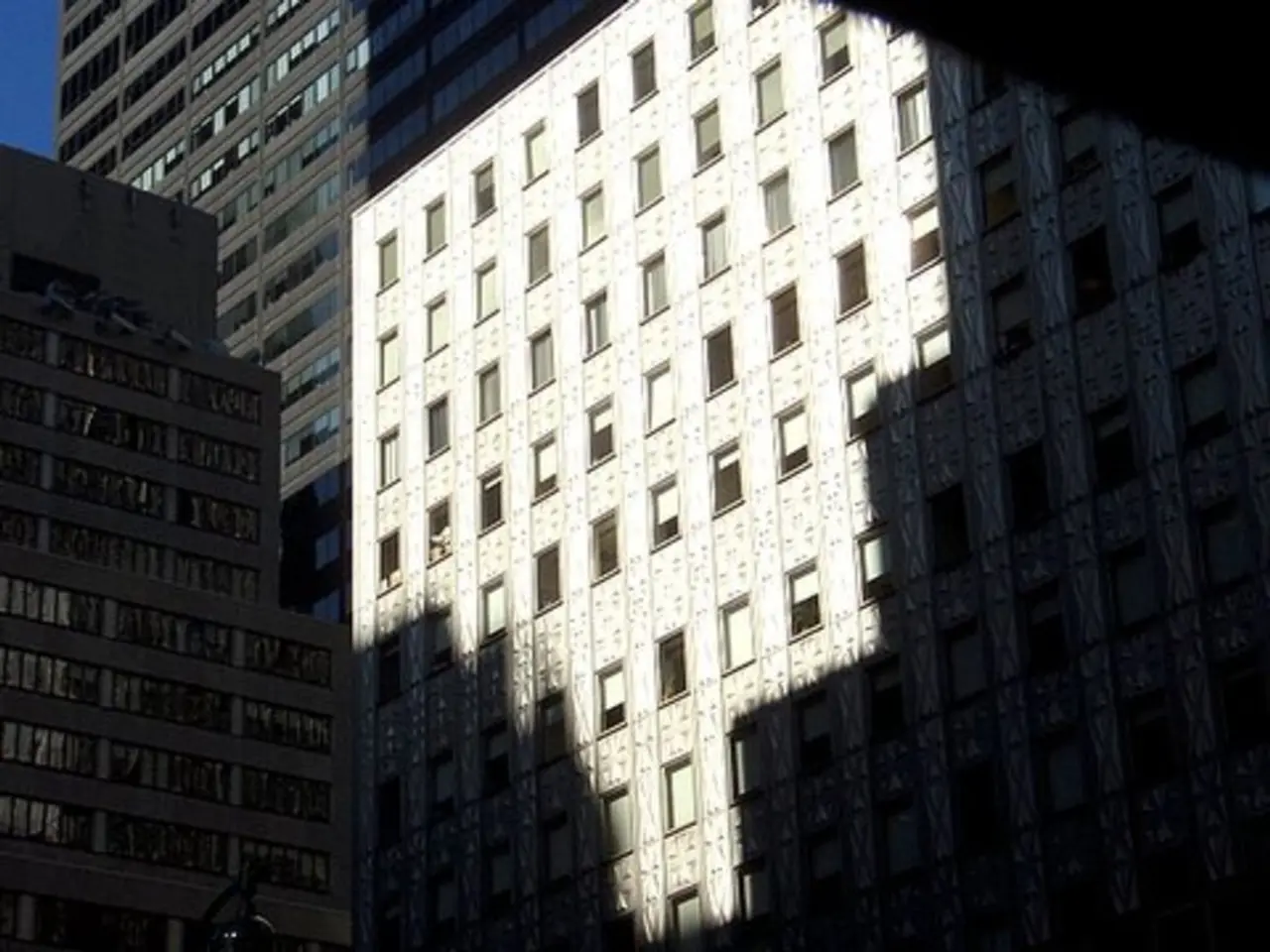Expediting the Process of Safety Enhancements in Structures: Deprivy Prime Minister Demands Swift Action from Gathering of Regulatory Bodies and Collaborators
In the aftermath of the fire at the Spectrum Building in Dagenham, the UK government has intensified its efforts to remediate unsafe residential buildings, particularly those with dangerous cladding. This push comes seven years after the Grenfell disaster highlighted the ongoing risk that unsafe buildings pose to many people.
The latest updates include the announcement of a Remediation Acceleration Plan aimed at fixing unsafe buildings faster, enforcing legal duties on landlords, and improving fire safety standards. Key aspects of this plan include:
- Equal funding access for social and private landlords to speed up remediation works and enhance tenant experience.
- The introduction of a Remediation Bill that will create a legal duty to remediate buildings within fixed timescales, backed by criminal penalties and enforcement powers.
- The development of Local Remediation Acceleration Plans (LRAPs) supported by funding to enhance regional collaboration.
- The establishment of a National Remediation System (NRS) to consolidate data on buildings over 11 meters for better coordination.
- Government targets all buildings over 18m to be remediated by the end of 2029, with stricter penalties for landlords who fail to comply.
As of June 2025, progress remains gradual. Of the 5,190 residential buildings (11 meters and above) with unsafe cladding, only a minority have started or completed remediation. Specifically, 25% of buildings with life-critical fire risks have finished remediation, while almost half have started but not completed work. Estimated remediation costs stand around £4.1 billion for over 2,000 buildings identified as needing work.
Deputy Prime Minister Angela Rayner emphasized the critical need to speed up the remediation of buildings, praising the bravery of firefighters who tackled the Dagenham fire and the support offered to residents by Barking and Dagenham Council. The Deputy Prime Minister was joined at a roundtable on August 28 by West Midlands Mayor Richard Parker, Deputy Mayor of Greater Manchester Paul Dennett, and Deputy Mayor of London Jules Pipe, along with key representatives from various organizations.
Building Safety Minister Rushanara Ali, who is responsible for overseeing these efforts, thanked the emergency services, council, and wider community for their efforts following the fire in Dagenham. However, the latest publicly available information does not explicitly detail her actions regarding the Dagenham fire or her role in speeding up the remediation process.
Nonetheless, the government’s overall acceleration plan and legislation indicate a ministerial-level commitment to enforce timely remediation. It is likely that as Building Safety Minister, Rushanara Ali is involved at leadership and policy-making levels to implement these programs.
The government's Remediation Acceleration Plan, encompassing equal funding access, legislative changes, and regional collaborations, demonstrates a commitment to addressing policy-and-legislation in the realm of fire safety and politics. Given the slow progress in remediation, it is essential for the Building Safety Minister, Rushanara Ali, to play an active role in steering this general-news issue towards a timely resolution.







